According to the American Heart Association (AHA) recommendations, we need to eat vegetables and fruits every day to protect a healthy heart.
Here are some heart-healthy fruits, according to the health site Verywell Health .
Pumpkin
Pumpkin is high in potassium, an electrolyte that helps maintain a normal heart rhythm. One cup (245 grams) of pumpkin contains at least 16% of your daily recommended intake of potassium.
Pumpkin is also rich in beta-carotene, an antioxidant that helps protect the heart. In addition, the vitamin A in pumpkin also prevents the oxidation of LDL cholesterol (bad cholesterol).
Apple
One medium apple contains about 5 grams of fiber, which is about 8% of the recommended daily intake.
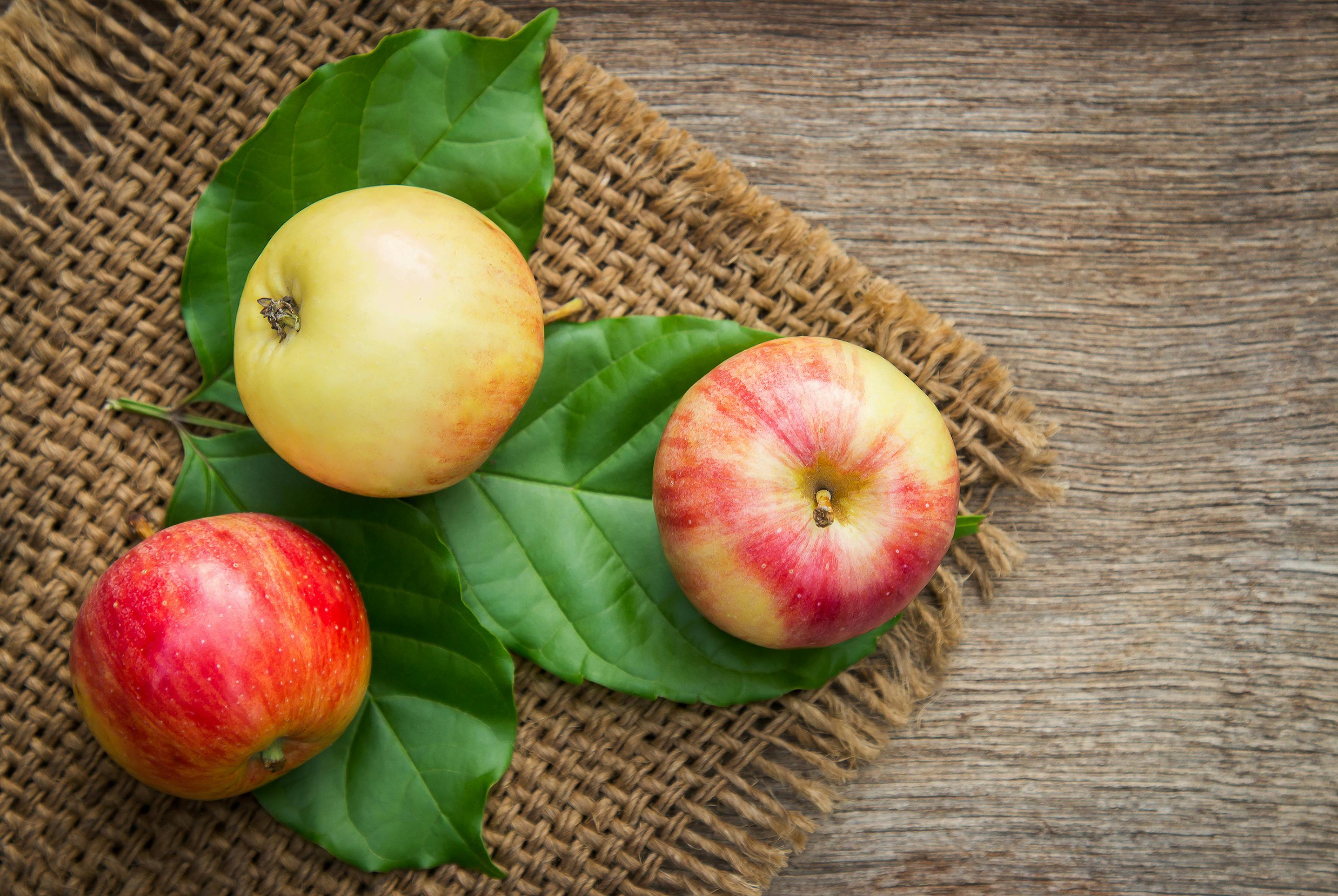
Apples contain both soluble and insoluble fiber, which not only helps lower cholesterol but also lowers blood sugar.
Meanwhile, polyphenols help lower cholesterol, reduce inflammation and prevent abnormal blood clot formation.
A study published in the American Journal of Clinical Nutrition in 2020 found that eating two apples a day may help reduce the risk of heart disease in people with high LDL cholesterol levels.
Pineapple
Pineapple is rich in vitamin C and vitamin K. One medium pineapple contains about 16 milligrams of vitamin C, which is about 18% of the recommended daily intake.
Vitamin C helps protect against artery damage, helping to prevent arteriosclerosis and high blood pressure. Vitamin K maintains calcium levels and normal heart rhythm.
Beetroot
The nitrates in beets act as vasodilators, widening blood vessels to improve blood circulation and may reduce the risk of high blood pressure and atherosclerosis.
136 grams of beets provide 12% of your daily recommended fiber, 7% of your vitamin C, and 11% of your potassium.
Kale
Kale contains very high levels of potassium and nitrate, two important minerals that help regulate blood pressure and protect the heart.
In particular, kale is rich in glucosinolates, which help prevent atherosclerosis and heart attacks.
In addition, the rich fiber content in kale also helps reduce blood cholesterol.
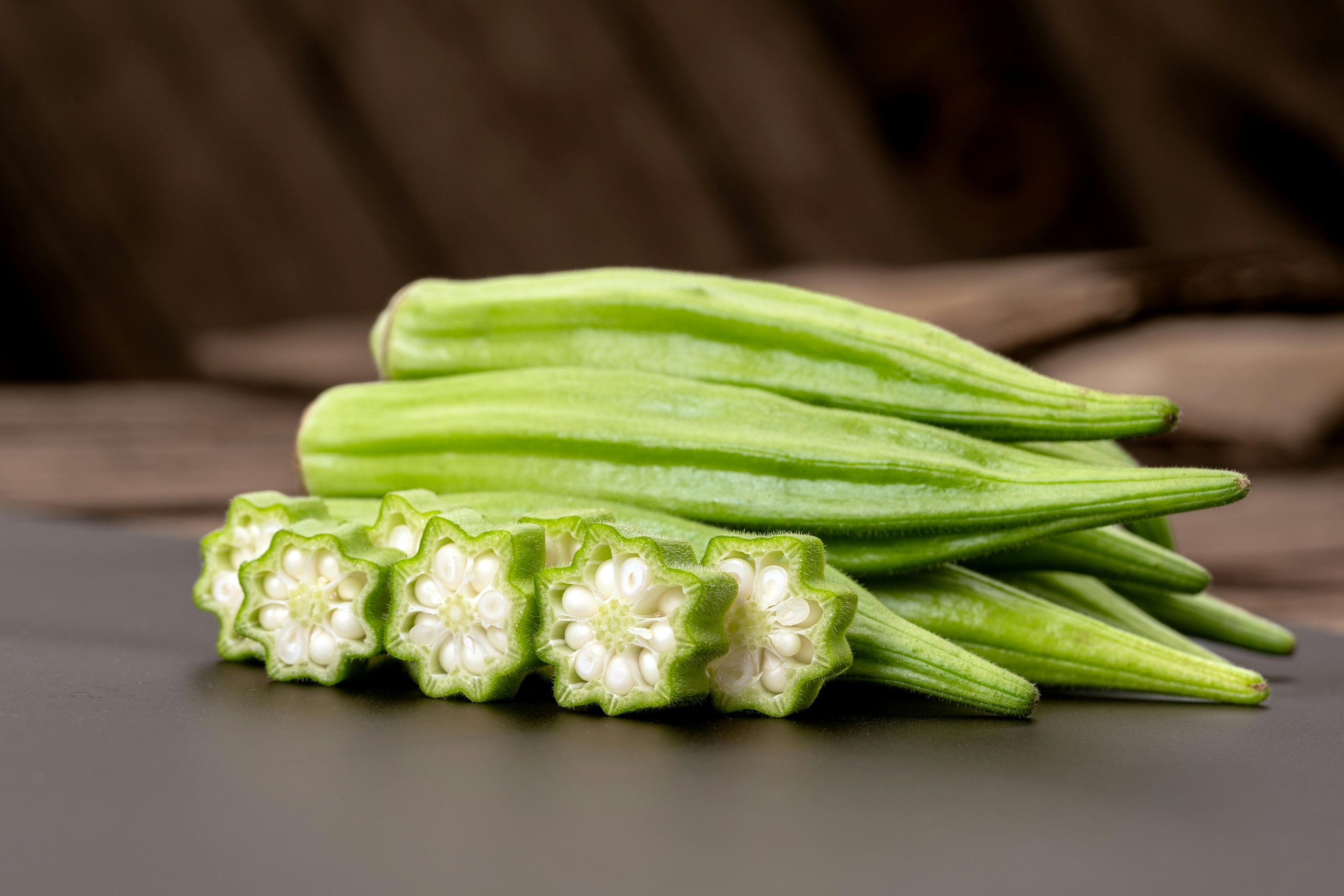
Eating okra is good for the heart
Okra
Okra is rich in vitamin K, vitamin C, and folate. Folate (vitamin B9) has particular benefits for the heart, reducing levels of a sulfur-containing amino acid called homocysteine, which can damage the inside of arteries and increase the risk of blood clots.
Mini cabbage
Baby cabbage provides vitamin C, vitamin K, potassium, glucosinolates and iron.
Iron is essential for the formation of healthy red blood cells and hemoglobin. On the other hand, chronic iron deficiency can lead to changes in the heart muscle and the development of arrhythmias (irregular heartbeats) and congestive heart failure (CHF).
Sweet potato
Sweet potatoes are rich in fiber, potassium and beta-carotene - an antioxidant that helps protect the body from harmful free radicals.
In particular, most of the fiber is in the sweet potato skin, so when processing, you should keep the skin to maximize the nutritional value of this tuber.
Source: https://thanhnien.vn/trai-cay-va-rau-cu-tot-cho-tim-185241018111006173.htm



![[Photo] Cat Ba - Green island paradise](/_next/image?url=https%3A%2F%2Fvphoto.vietnam.vn%2Fthumb%2F1200x675%2Fvietnam%2Fresource%2FIMAGE%2F2025%2F12%2F04%2F1764821844074_ndo_br_1-dcbthienduongxanh638-jpg.webp&w=3840&q=75)




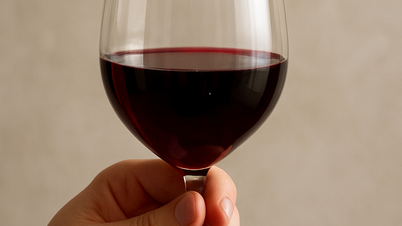


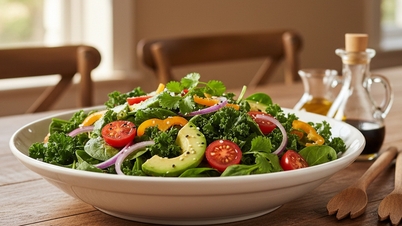
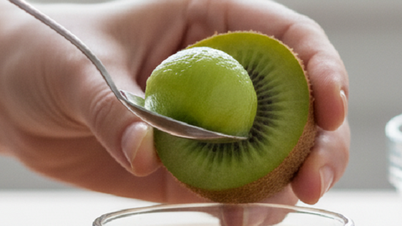
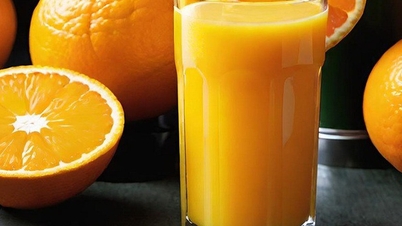

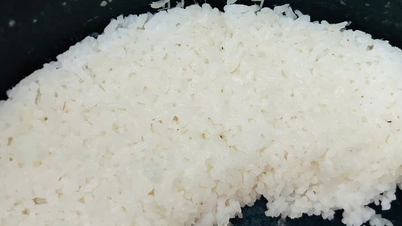




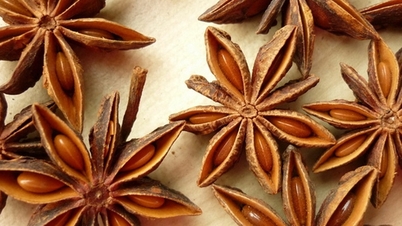







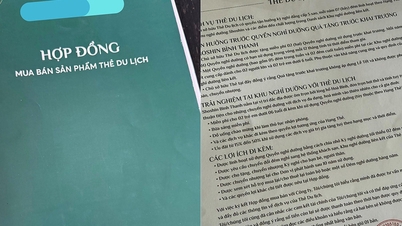
































![[VIMC 40 days of lightning speed] Da Nang Port: Unity - Lightning speed - Breakthrough to the finish line](https://vphoto.vietnam.vn/thumb/402x226/vietnam/resource/IMAGE/2025/12/04/1764833540882_cdn_4-12-25.jpeg)














































Comment (0)